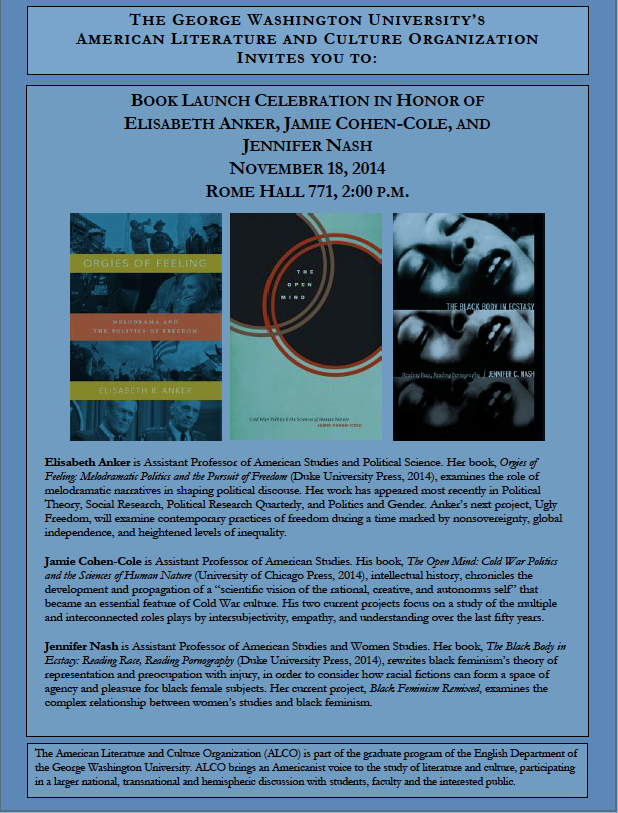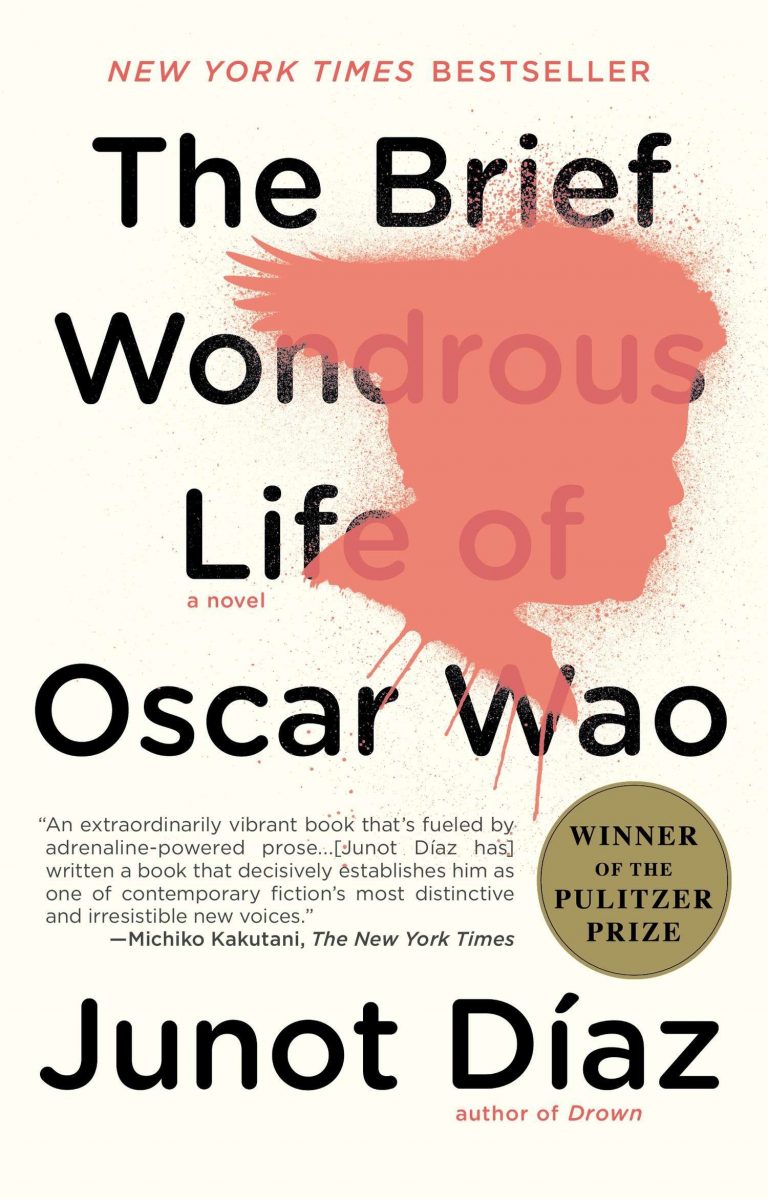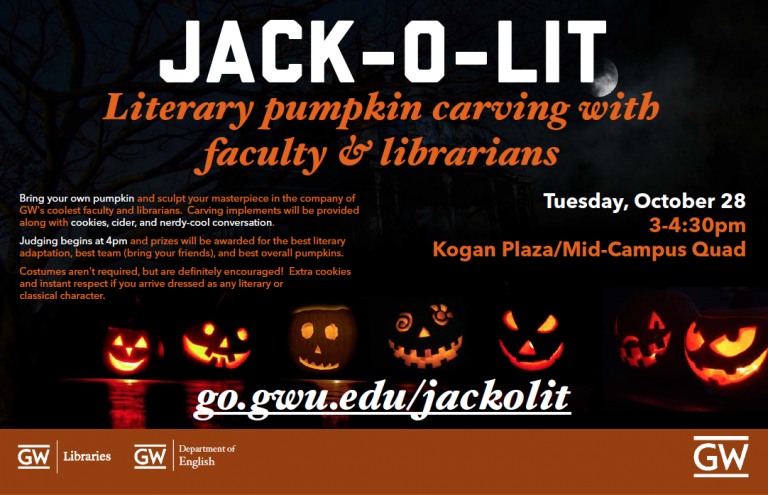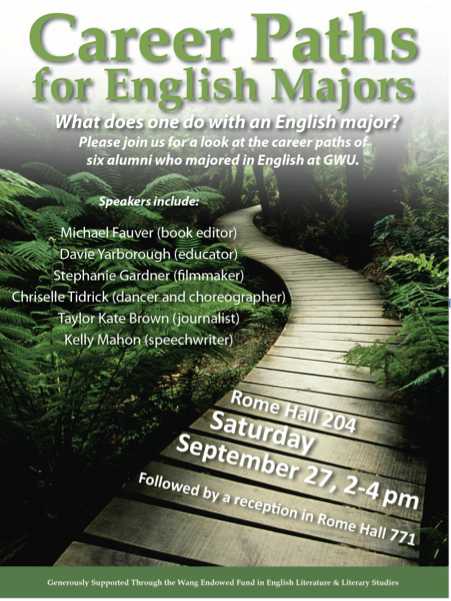“Nothing human is alien to the pen of a novelist or to a reader.”-Julia Alvarez
It was a cold and wet, absolutely miserable day. This could be the start to a novel, but definitely not a good start to your day. Nevertheless, I and thousands of others crowded the metro to get to the National Mall for the Library of Congress’s National Book Festival yesterday. Yet there was a reason we were all willing to stand out in the downpour and that reason was literature.
(I apologize for the bad photo quality. Blame it on my bad point&shoot.)
As Julia Alvarez said during her speech at the Festival, “Reading and sharing stories offers a way through the debris that come tumbling down.” Whether that debris is literal or figurative, we were there to hear some of our favorite authors expound wisdom, gratitude, and share a few stories. With the dozens of authors there it was a bit challenging to decide whose story you wished to hear, but luckily I found a chair in the Fantasy/Fiction tent and stayed there through seven authors.
(Lois Lowry)
For some authors the tent was a bit of a misnomer for their true writings. As Jeanette Walls (author of The Glass Castle) lamented, “I tried to fictionalize my book. But I couldn’t even come up with fake names for my family, so I used their middle names,” she said. Although I have never read a word of Walls, she turned out to be more engaging than some of the more famous authors.
John Irving (author of The Cider House Rules among other novels) related writing to wrestling, as repetitive and challenging. Unfortunately I found his interview a bit repetitive myself, but as he noted, “You have no choice of what your obsessions are,” he said. Apparently Irving is not one of my obsessions.
After enduring thirty minutes of Nicholas Sparks’s arrogance (I learned that besides writing sob stories he also coaches a winning track team, opened a private school, and trained his German Shepard to climb trees. What this has to do with books is unapparent to me.) I welcomed Junot Dìaz (author of The Wonderous Life of Oscar Wao) whose language was colorful and creative. He discussed how as a child growing up in the Dominican Republic he did not even expect to write fiction. He said, “My mother’s greatest fear was that one of her ‘smartest children’ would be an artist.” Yet he did find a country that valued his art. “We need art so that we do not forget about life,” he said.
(Tim O’Brien)
Although I loved Dìaz, part of the reason I stayed out in the cold for five hours was to hear Tim O’Brien (author of The Things They Carried). He somehow manages to be as poetic, poignant, and hilarious as he is in his books. Compared to Sparks in his oxford shirt, O’Brien in old jeans and a baseball cap was down to Earth, funny, and inspiring. The perfect end to a long, but satisfying day of literature.




